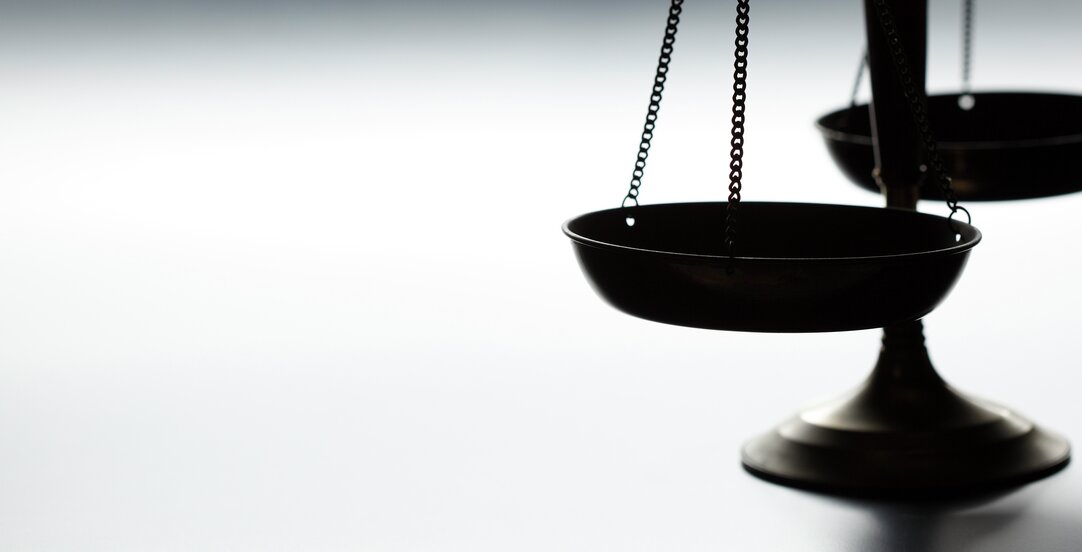Key considerations when choosing a party-appointed valuation or quantum expert in arbitration

Arbitration often involves resolving complex and technical matters which call for specific knowledge or experience, including determining the value or quantum of a claim. Expert witnesses are often instructed by parties to do this through written statements and oral testimony before the arbitral tribunal. Generally, in most high value, large and/or complex arbitrations, the parties will benefit from having a party-appointed expert to assess quantum, or to rebut an opposing party’s assessment of quantum. In some instances, relying on experts will simply be a prerequisite to convince the tribunal. In this article, we discuss key considerations when appointing such an expert.
Lesetid 4 minutter
Knowledge is the key reason why parties appoint experts. Education, academic publications and experience, create an expert’s professional qualifications. Perhaps as important as professional qualifications, are the expert’s personal skills. Communication skills are imperative and credibility and trustworthiness are also important. The expert’s academic degree, publications and reputation are necessary prerequisites for credibility, but the extent to which an arbitral tribunal will find the expert credible or trustworthy also depends on the expert’s personality. That the expert is likable is a clear advantage, since parties, their counsel and the arbitral tribunal will be spending several hours in the hearing room together.
Expert evidence should be given in a clear, concise and persuasive manner. If the expert communicates poorly, important points risk being lost as opaque, vague or confusing, or the arbitral tribunal may simply lose confidence in the expert.
Ability to cope with pressure during cross-examination
Presenting evidence clearly and completely is one thing. Presenting the same evidence under fire from the other party’s counsel in an extensive cross-examination, is an entirely different exercise and requires a calm and resilient expert.
Many arbitral tribunals make use of “hot tubbing”, meaning that the parties’ experts provide evidence concurrently, so that they may engage in discussion and address questions in parallel. Depending on the way it is handled by an arbitral tribunal, “hot tubbing” risks turning into mud wrestling. An expert with previous experience of arbitration or litigation may cope better with the pressure of cross-examination and hot tubbing. However, thorough preparation, as well as an expert’s willingness to dive deep into the details of the case, will be strong armour against opposing counsel.
The benefits of personal preparations should not be underestimated. Our best advice to an expert facing cross-examination the next day is that enough sleep may be more helpful than last-minute cramming. Also, personal comfort is important when under pressure – you may not want your expert to wear a heavy winter suit for cross-examination!
Independence and integrity
The party-appointed expert shall generally be independent from the parties. The IBA Rules on Taking of Evidence in International Arbitration, which are often used as guiding principles in international arbitration, require the party-appointed expert to provide a statement to this effect. The statement must include the expert’s present and past relationship (if any) with any of the parties, their legal advisors and/or the arbitral tribunal, as well as a declaration of independence from the parties, their legal advisors and the arbitral tribunal. The CIArb Protocol for the Use of Party Appointed Expert Witnesses in International Arbitration provides that an expert’s opinion shall be “impartial, objective, unbiased and uninfluenced by the pressures of the dispute resolution process or by any Party”.
This does not mean that the expert owes no duty to the client. Indeed, the simple fact that the expert is paid by one party may challenge the proposition of impartiality and independence. Different legal systems may also have different views on how independent and impartial the expert must be, and how to ensure independence. For example, the expert’s duty of independence is traditionally stronger in the UK than in continental Europe.
In any event, integrity and independence are must have features for a good expert. The expert needs to give client and counsel a true and honest opinion of the chances of success early on. An expert who backtracks from his or her written opinions in cross-examination, or comes across as biased, will immediately lose credibility in the eyes of the tribunal and can do more harm than good.
Time and availability
Time and availability is an obvious point, but its importance should not be ignored. Having appointed the go-to expert in the industry is worthless if he or she does not have the time for proper preparation of written statements and hearings together with client and counsel. We have in this note stressed a few key parameters when choosing the expert, including personal skills, resistance to pressure, independence and availability, which we recommend the parties and their counsel take into account. Having done a good mapping and selection, it is up to the client and their counsel to maximise the full potential of having an expert on board, and extensive preparation is always key.
